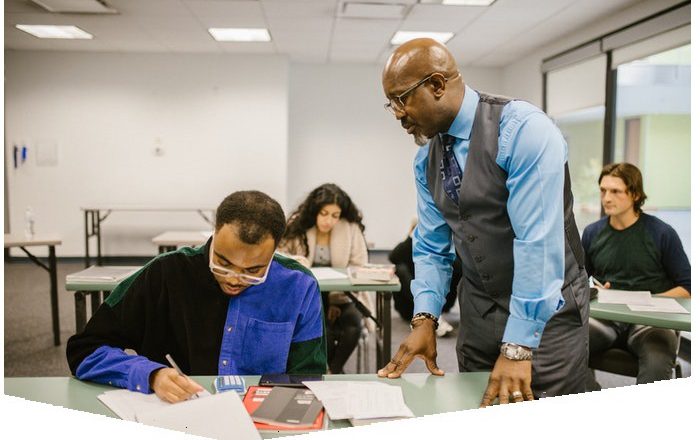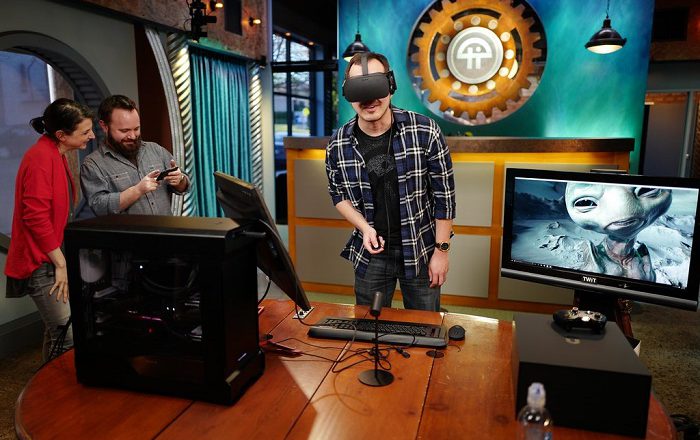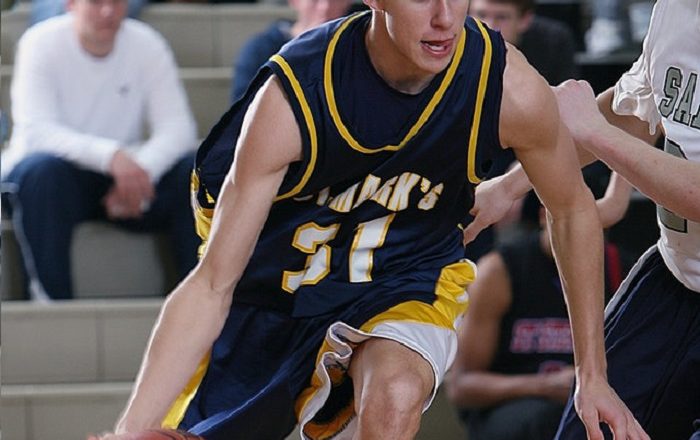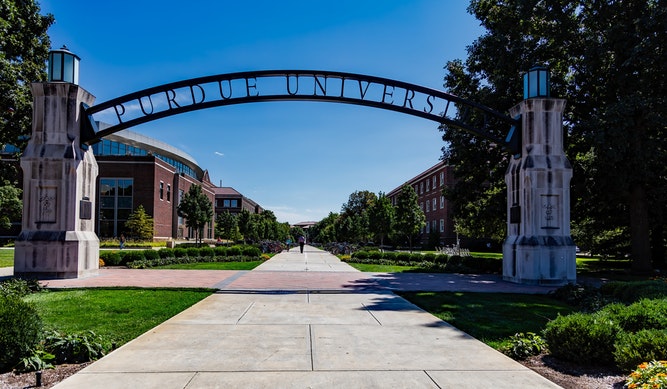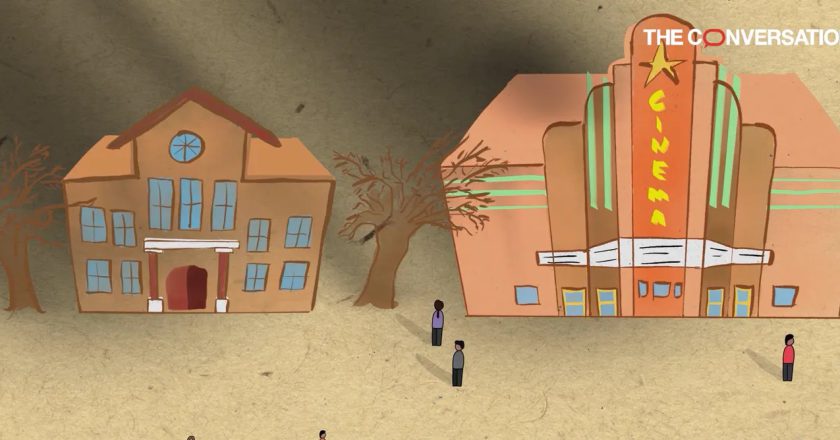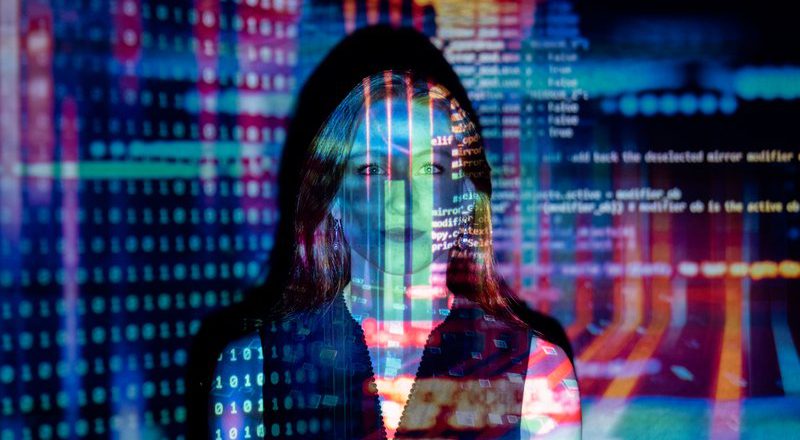Universities Need To Stand Beside Black Professors, Not Condemn Them – To Foster Real Change
The past couple of weeks have seen wall to wall coverage of Queen Elizabeth’s death. Many media outlets took to eulogizing the Queen with effusive praise of her service and duty. But not everyone saw her and the institution she headed in the same light.
Many took to social media to discuss the Queen’s role in Britain’s imperial project, which includes profiting from and remaining silent on the violence of British colonialism and slavery. Uju Anya, a Nigerian linguistics researcher at Carnegie Mellon University was only one of the public figures who expressed her lack of pity for the Queen’s passing.
In a tweet, she wrote: “I heard the chief monarch of a thieving raping genocidal empire is finally dying. May her pain be excruciating.”
In another tweet removed by Twitter, she also wrote: ...

